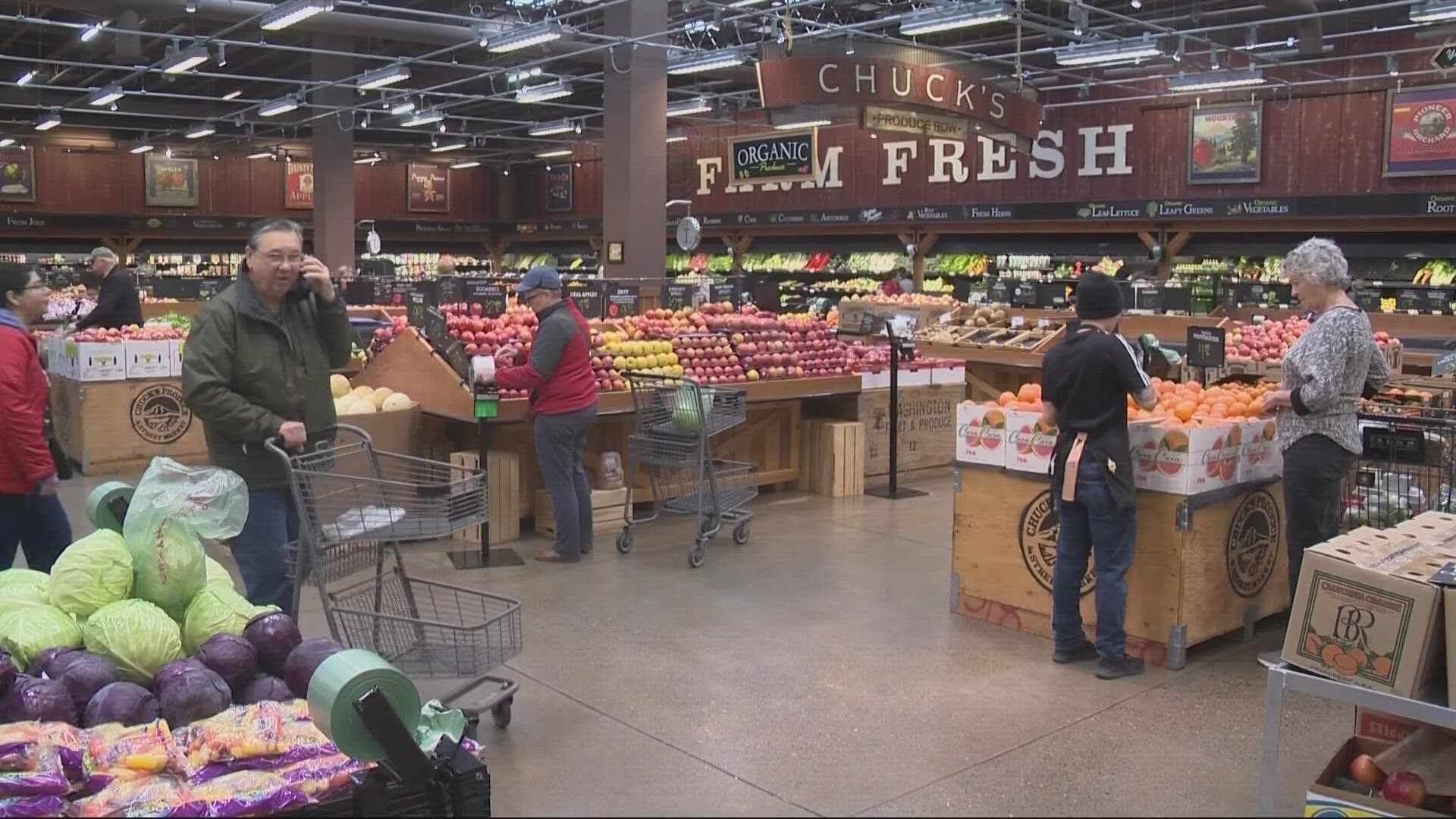PULLMAN, Wash. — Retailers like to rearrange to improve shopping experiences and sales, but are they doing it smartly?
A new study out of Washington State University helps retailers understand the best ways to get the items you may want to purchase in front of you.
We've all been there: you go into your favorite store for a few things and they're not where they used to be.
“And as consumers it kind of bugs us, the first time or two it happens,” said Professor of Operations Management at WSU’s Carson School of Business, Chuck Munson.
Munson said that very experience for a PhD student of his got them both studying product placement in a new way.
“This is all data-driven, look at sales data, thousands of transactions and items and which products tend to be purchased together,” explained Munson.
The idea was to dive deep into the purchases, to figure out how the online shopping model to increase sales translates to brick and mortar stores.
“Because nowadays when we go on Amazon for example, you'll buy something and then at the bottom of the screen it shows people who bought this also purchased that and that's exactly what we're trying to capture here,” said Munson.
This study is meant to help businesses figure out how to most efficiently get products you may want in front of you. And it recognizes the reality of impulse shopping.
Studies show only 21 percent of us make a list before we shop and more than half of supermarket purchases are impulse buys.
Munson said that raises a question: “If you walk down that aisle that used to contain cereal, but it doesn't anymore. Can you put something in that aisle that those who like to buy cereal might also like to buy?”
The answer is yes. And the data can help your local grocery store know what to do to buoy sales as they compete with online shopping.
And as shoppers, if we're going to be impulse buying anyway, Munson said, “Some would argue that it's making the shopping more efficient because we're getting items in front of the right kind of customers that they might want to purchase.”
Of course, as consumers, knowing this may help us think about making a list and setting a budget.
Munson and Gihan Edirisinghe, study lead author and a former WSU PhD student now teaching at Western Kentucky University, had the study published in the journal Science Direct, Expert Systems with Applications.

